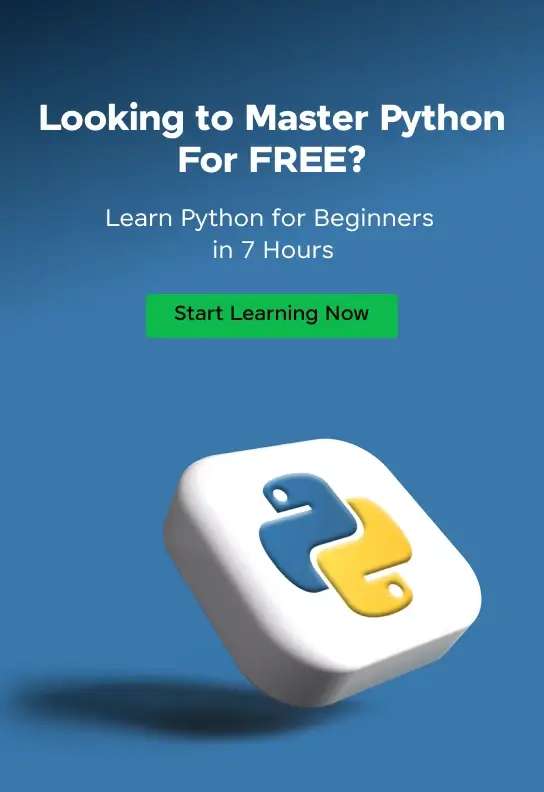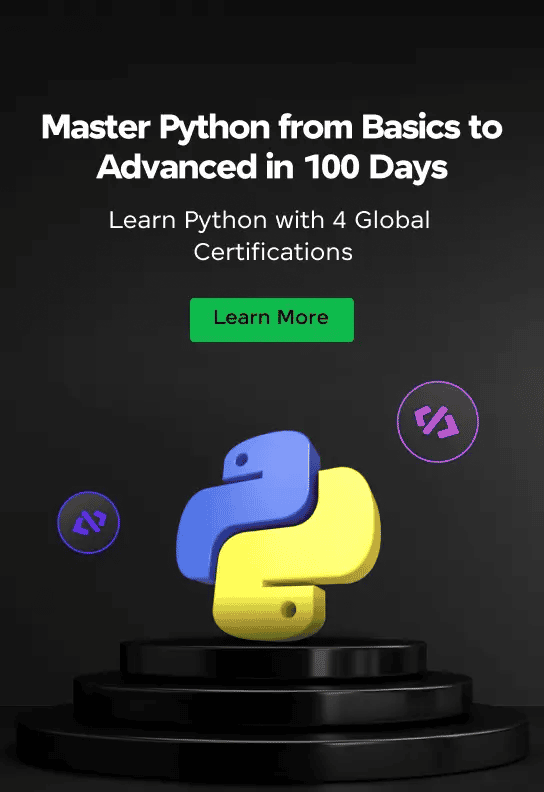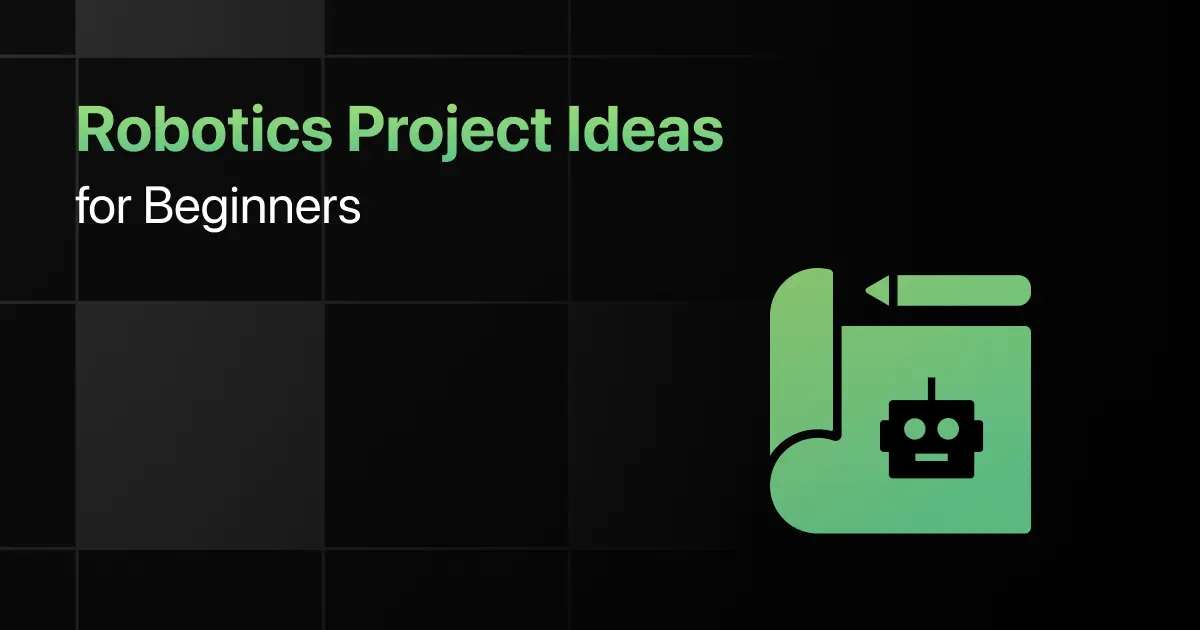Best Websites to Practice Python
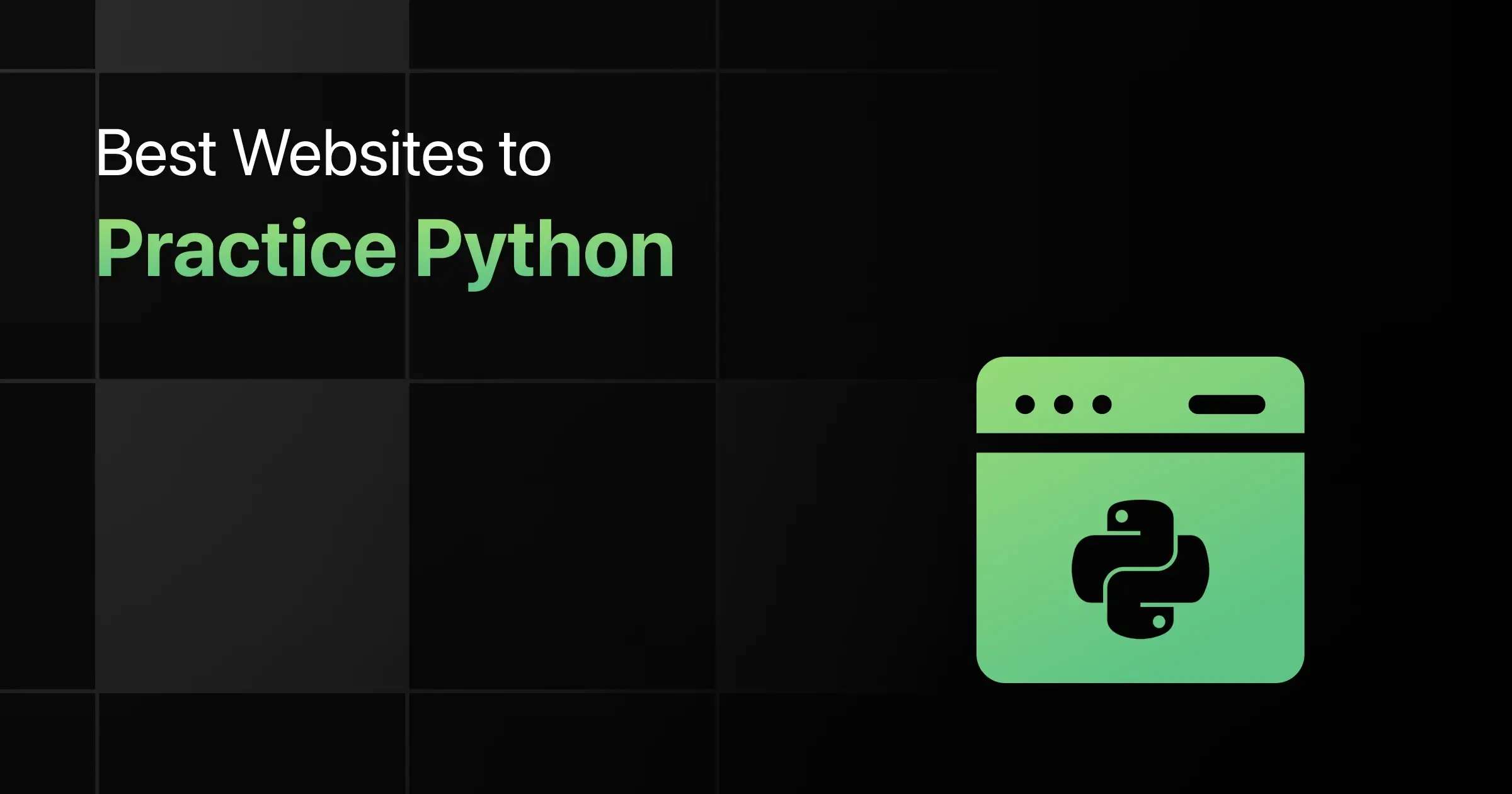
Have you ever wondered how you could dive into the world of programming without spending a dime?
Today, we’re exploring the best websites to practice Python for free, a perfect starting point for anyone looking to break into tech. Let’s find out how you can start your coding journey today!
10 Best Websites for Practicing Python – Overview
Here’s an overview of the top 10 websites to practice Python:
| S.No. | Website Name | Pricing | Certification | Website Link |
|---|---|---|---|---|
| 1 | GUVI | Freemium | No | Visit Now |
| 2 | HackerRank | Free | Yes | Visit Now |
| 3 | LeetCode | Free/Paid | Yes | Visit Now |
| 4 | Codewars | Free | No | Visit Now |
| 5 | PYnative | Free | No | Visit Now |
| 6 | Edabit | Free | No | Visit Now |
| 7 | CheckiO | Free | No | Visit Now |
| 8 | FreeCodeCamp | Free | No | Visit Now |
| 9 | Rosalind | Free | No | Visit Now |
| 10 | CodingBat | Free | No | Visit Now |
Best Websites to Practice Python
Below is the list of best websites to practice Python for beginners:
1. GUVI
CodeKata hosts a diverse range of coding problems used by top companies like Microsoft, Walmart, and Samsung, aimed at sharpening coding skills.
Practicing on CodeKata elevates users’ coding skills, making them attractive candidates for tech recruiters.
Questions Diversity: Students can practice topics such as Arrays, Mathematics, Strings, Basics, Sorting, Matrix, Hashing, Dynamic Programming, and various data structures including Linked Lists, Trees, Graphs, and more.
Pricing: Freemium
Certifications and Rewards: Rewards are available in the form of “Geekoins” earned by solving challenges.
Language Options: English
Community and Support: Nil
2. HackerRank
HackerRank’s Python domain is a structured learning path to grasp Python—a powerful yet straightforward programming language to learn.
Users can improve their programming skills through practical challenges that enhance problem-solving abilities in a real-world context.
Questions Diversity: Challenges range from basic syntax exercises to complex problem-solving scenarios covering various topics such as data types, strings, sets, math operations, collections, regex, and more, classified under difficulty levels of easy, medium, and hard.
Pricing: Free
Certifications and Rewards: Shareable certificates
Language Options: English
Community and Support: HackerRank supports a robust community platform where users can discuss problems, solutions, and share insights.
3. LeetCode
LeetCode offers a comprehensive platform for boosting coding interview skills, featuring a broad range of problems frequently asked by top-tier companies, designed to improve coding proficiency and confidence.
Questions Diversity: The platform includes challenges across various topics like arrays, strings, hash tables, math, dynamic programming, sorting, and more, classified under categories like data structures, algorithms, and databases. The problems are further categorized by difficulty: easy, medium, and hard.
Pricing: Free and paid subscription options, with the paid tier (LeetCode Premium) providing access to more questions and company-specific practice sets.
Certifications and Rewards: Nil
Language Options: English
Community and Support: LeetCode features a community section where users can discuss problems, share solutions, and participate in contests.
4. Codewars
Codewars offers a competitive platform for developers to engage in coding challenges, known as “kata,” that improve their programming skills through practice and competition.
Participants can earn ranks and honors by solving problems and can refine their skills through repeated practice.
Questions Diversity: The platform features a variety of challenges categorized by programming topics such as algorithms, regular expressions, strings, geometry, mathematics, and puzzles, covering fundamental to advanced levels.
Pricing: Free
Certifications and Rewards: Nil
Language Options: English
Community and Support: Codewars has a vibrant community with features like leaderboards, a Discord server for live chat, and a Github Discussions board.
5. PYnative
PYnative provides a comprehensive suite of Python coding exercises designed to help developers of all skill levels improve through practice on topic-specific challenges, ranging from Python basics to more advanced topics like data analytics.
Questions Diversity: The site offers exercises across a variety of Python topics including basics, loops, functions, strings, lists, dictionaries, sets, tuples, date and time, OOP, JSON, NumPy, Pandas, and Matplotlib. Each topic includes a set of exercises aimed at reinforcing specific programming skills.
Pricing: Free
Certifications and Rewards: Nil
Language Options: English
Community and Support: Nil
6. Edabit
Edabit provides a gamified learning experience similar to Duolingo but for coding, offering over 10,000 interactive challenges to help learners code with fun and engaging tasks.
The platform aims to make learning to code as enjoyable as playing a game, where users can earn experience points, and unlock achievements.
Questions Diversity: The challenges span a variety of programming languages, primarily focused on JavaScript, with difficulties ranging from very easy to more advanced levels.
Pricing: Free
Certifications and Rewards: Nil
Language Options: English
Community and Support: Nil
7. CheckiO
CheckiO offers an interactive platform where both beginners and advanced programmers can enhance their coding skills through engaging games and challenges.
It primarily focuses on Python and TypeScript, making it a versatile tool for learning and applying different programming concepts.
Questions Diversity: The platform provides a wide range of coding challenges and games that cater to different skill levels, promoting learning in an enjoyable and practical way.
Pricing: Free
Certifications and Rewards: Nil
Language Options: English, Russian, and Ukrainian
Community and Support: Supports educational environments by allowing teachers to create classrooms and use the platform as a supplementary tool.
8. freeCodeCamp
freeCodeCamp’s Project Euler section offers a challenging yet educational way to enhance both mathematical and algorithmic skills through a series of programming challenges drawn from the extensive Project Euler archives.
Questions Diversity: The problems range in difficulty, requiring users to apply various mathematical concepts like the Fibonacci sequence, prime number theory, and combinatorics. Each problem is designed to introduce a new concept or technique, progressively building more complex skills.
Pricing: Free
Certifications and Rewards: Nil
Language Options: English
Community and Support: Supportive community through forums and additional resources like articles and tutorials.
9. Rosalind
Rosalind is a unique platform tailored for learning bioinformatics and programming through problem-solving. It encourages users to understand and apply programming and scientific methods to complex biological data.
Questions Diversity: The site offers structured learning paths, such as Python Village for beginners, Bioinformatics Stronghold for complex algorithm challenges, Bioinformatics Armory for using existing tools, and more detailed courses linked to academic textbooks.
Pricing: Free
Certifications and Rewards: Nil
Language Options: English
Community and Support: Nil
10. CodingBat
CodingBat offers a focused environment for practicing Python programming with exercises that help sharpen programming skills through hands-on practice in a simplified interface.
Questions Diversity: Includes simple warm-up problems to get started, string manipulation exercises, basic to medium list problems, and basic to medium boolean logic puzzles.
Pricing: Free
Certifications and Rewards: Nil
Language Options: English
Community and Support: Nil
Frequently Asked Questions
1. What are the best websites for practicing python?
The best websites for practicing python are:
- GUVI
- HackerRank
- LeetCode
- Codewars
- PYnative
- freeCodeCamp
2. Why should I choose website for practicing Python?
Websites for practicing Python offer interactive exercises, immediate feedback, and a structured learning path, making it easier to learn and apply Python concepts practically.
3. How do I choose the right website for practicing Python?
To choose the right website for practicing Python, consider factors like the range of difficulty levels, specific topics covered, the presence of step-by-step solutions, and community support.
4. Can a beginner practice Python effectively through websites?
Yes, a beginner can effectively practice Python through websites. These platforms often provide beginner-friendly tutorials, exercises graded by difficulty, and instant feedback.
5. Are there websites that offer content in multiple languages for practicing Python?
Yes, websites like CheckiO provide Python practice content in multiple languages.
Final Words
With so many excellent resources available at no cost, starting your journey into Python has never been easier or more accessible.
Keep checking this article as we will keep updating this space as more websites make space in the heart and study schedule of students preparing for placements and competitive exams.
Explore More Python Resources
- Python Learning Websites
- Python YouTube Channels
- Python Project Ideas
- Python Frameworks
- Python Apps
- Python IDEs
- Python MCQ
- Python Interview Questions
Explore More Practice Websites
Related Posts
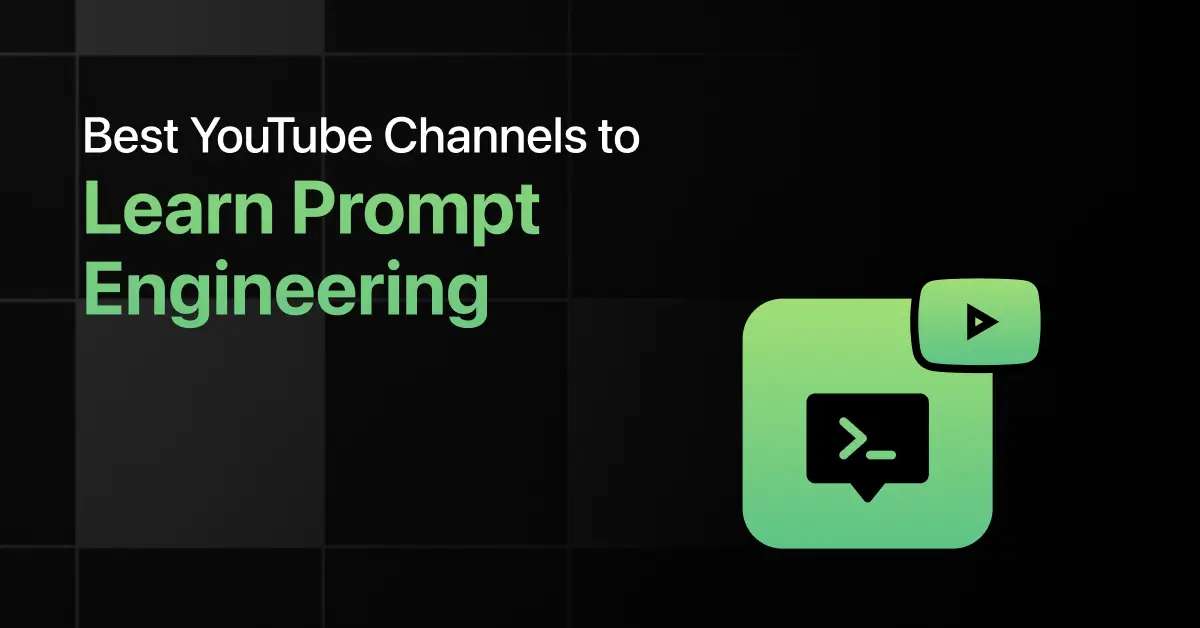

Best YouTube Channels to Learn Prompt Engineering
The rise of artificial intelligence has brought prompt engineering to the forefront, a key skill for unlocking the full potential …

